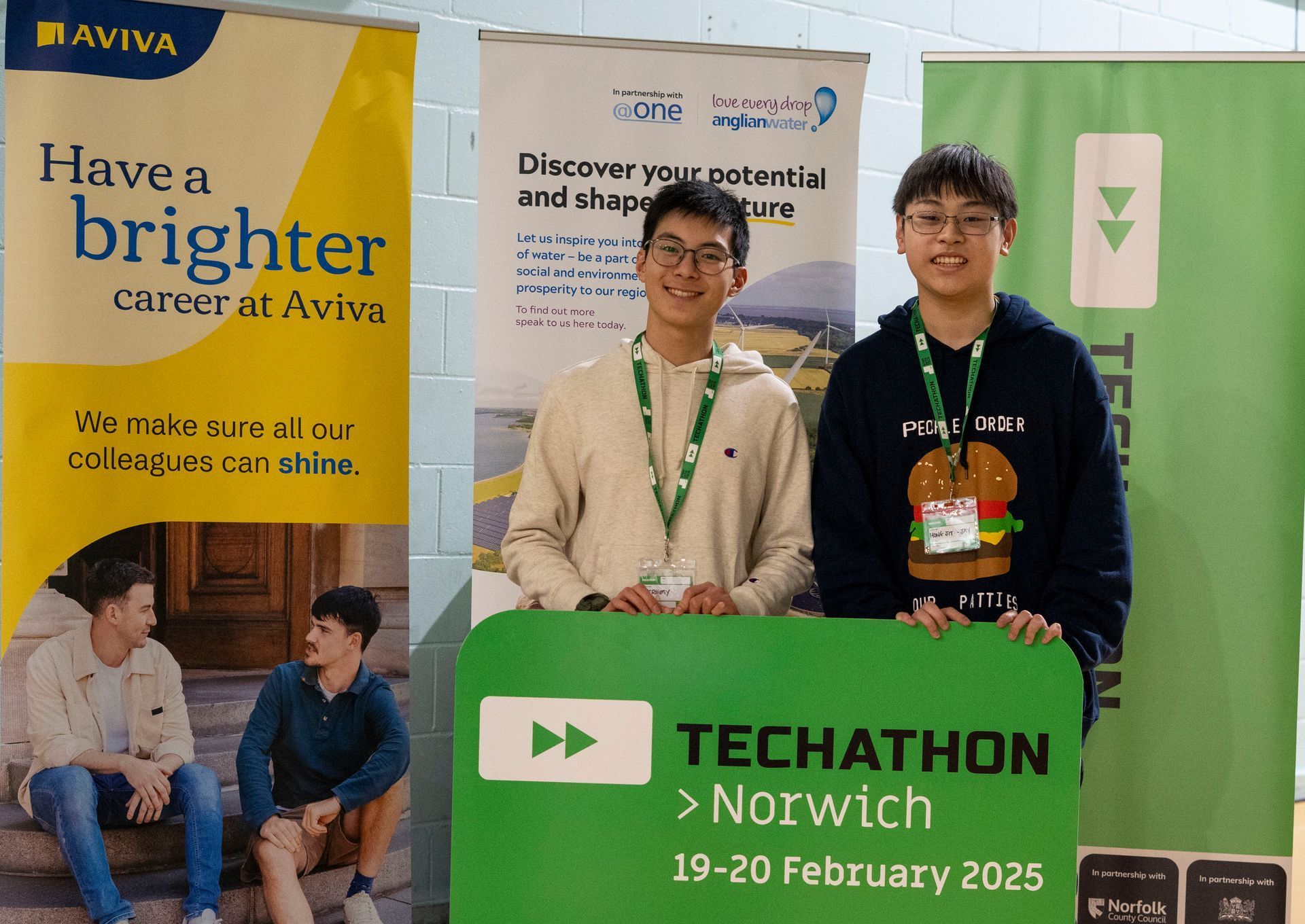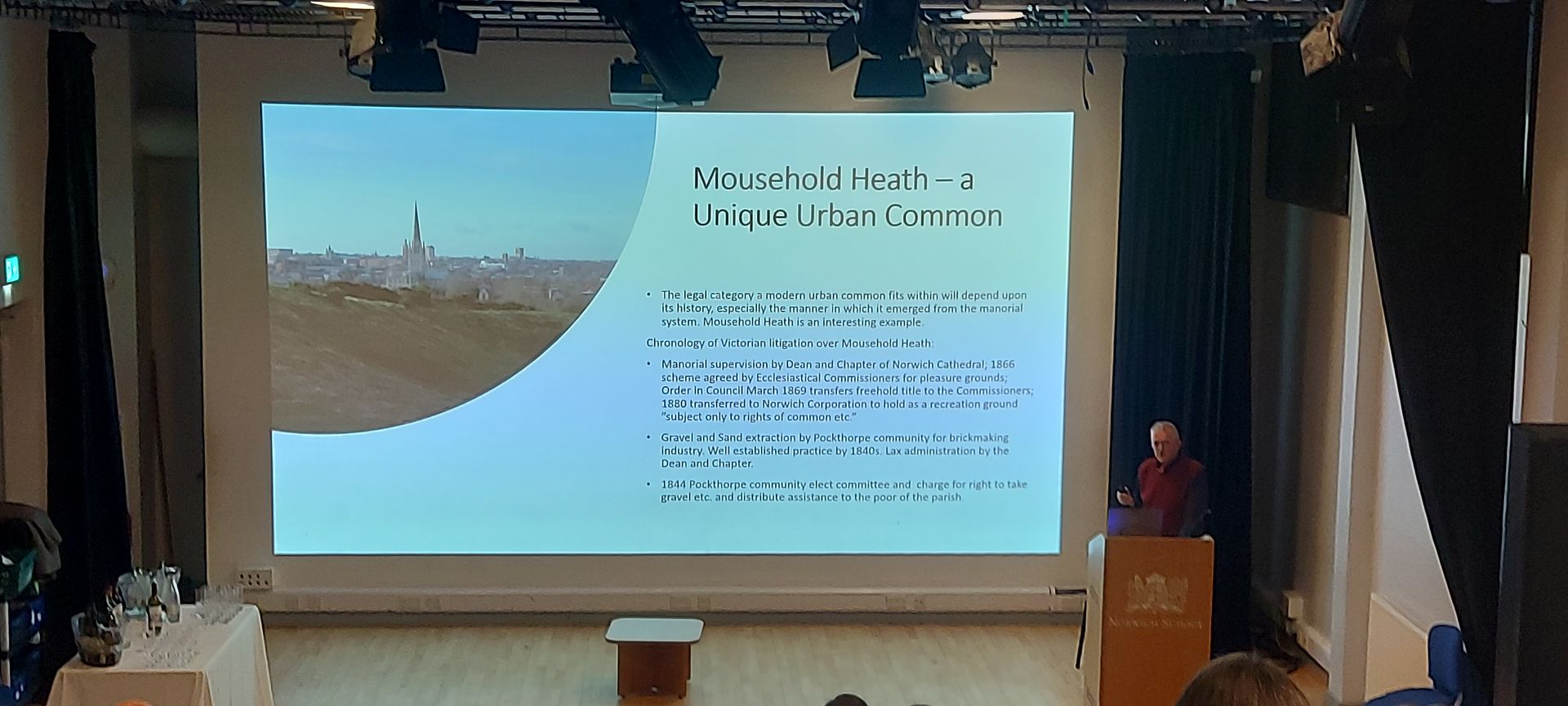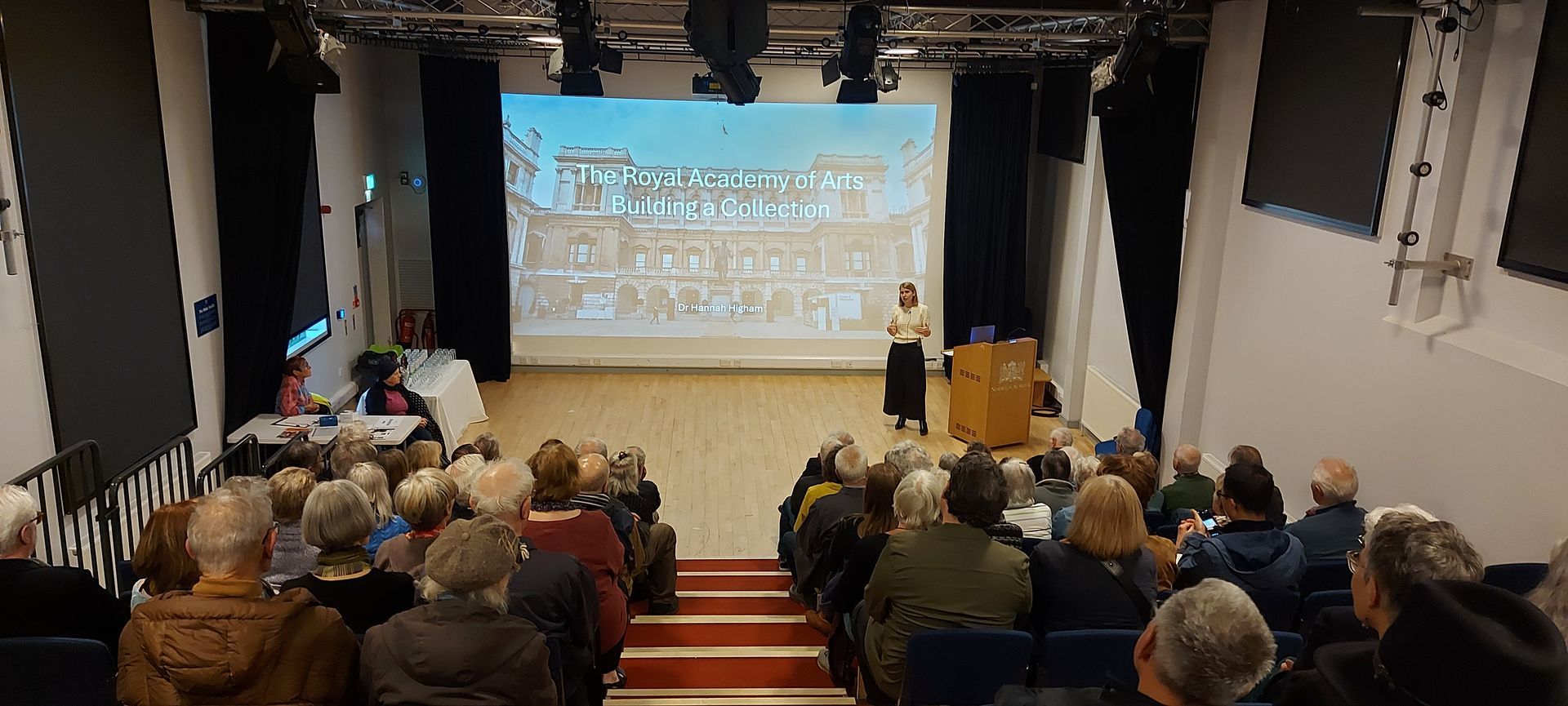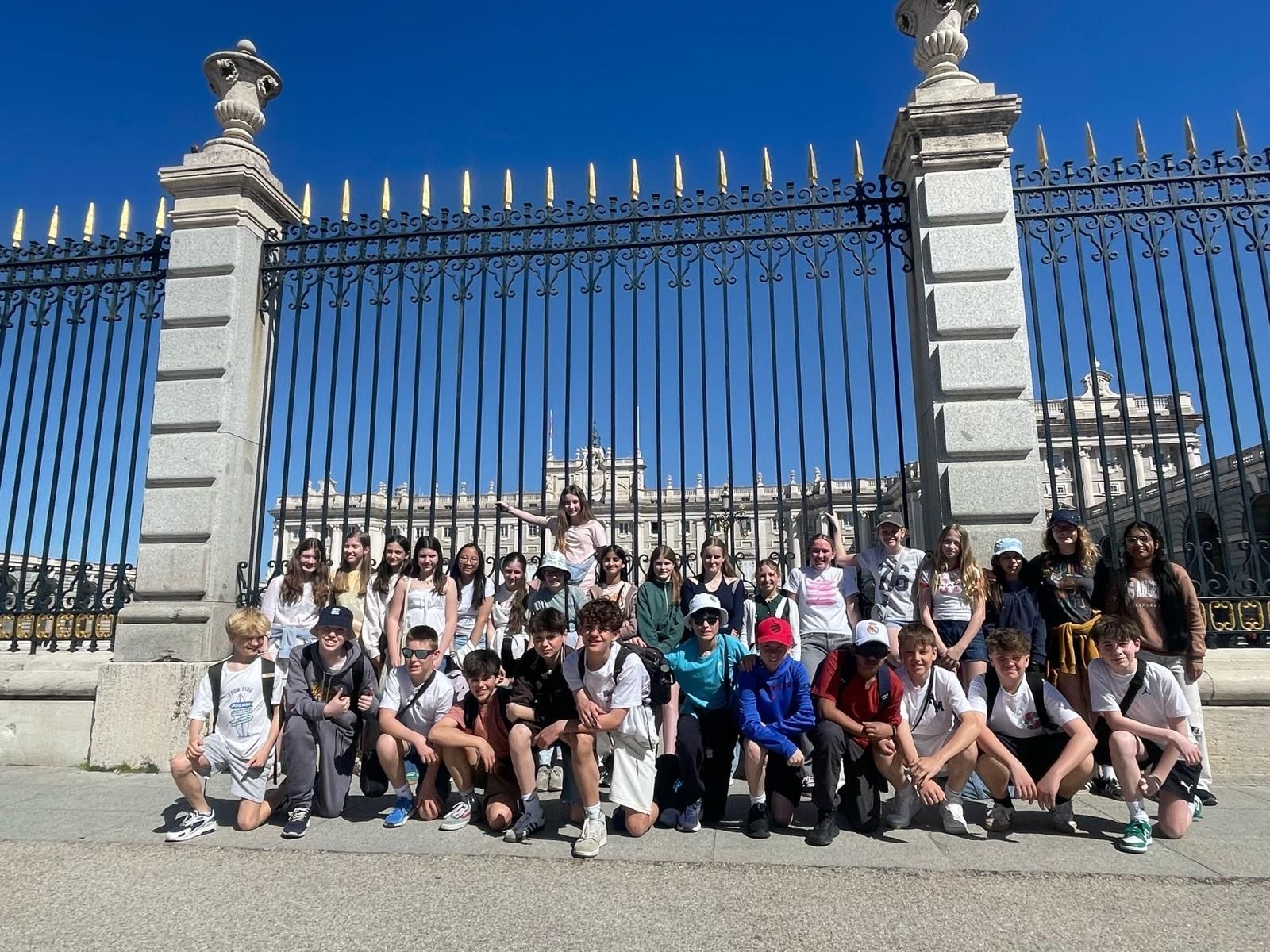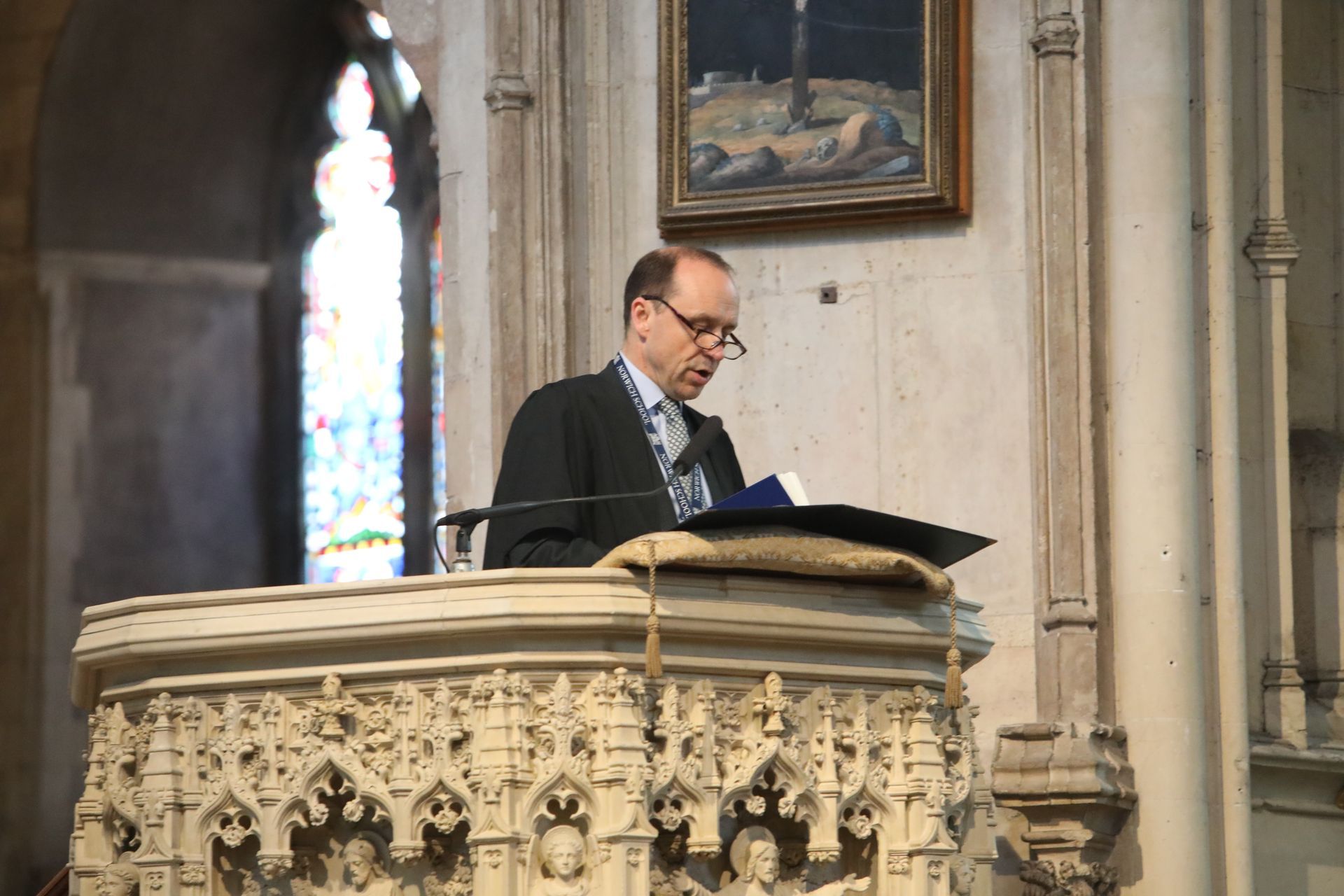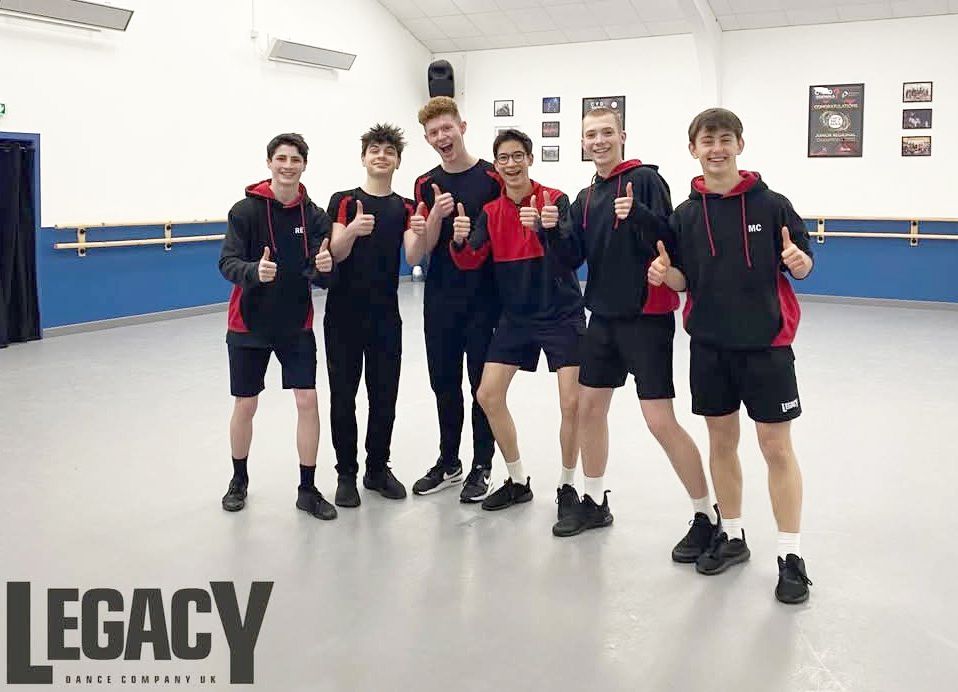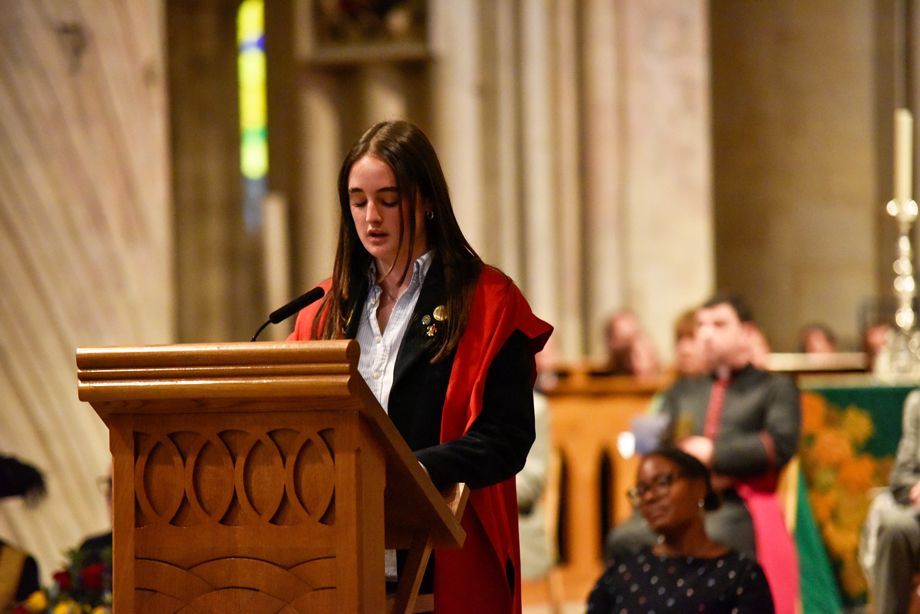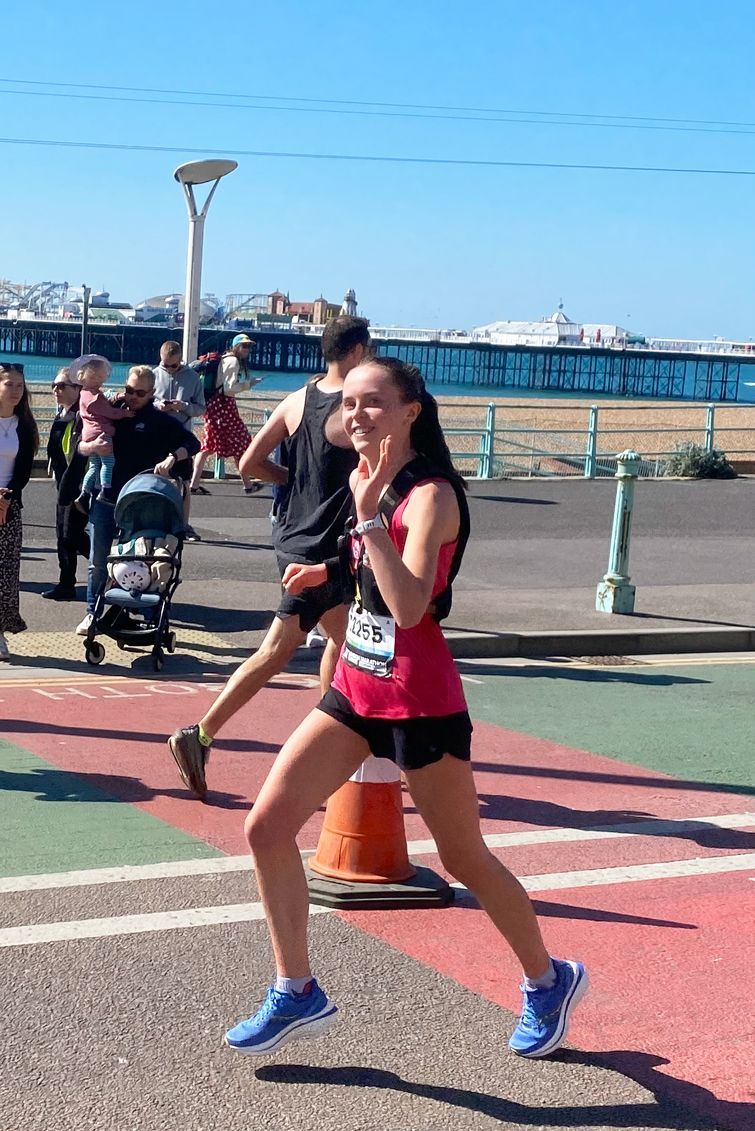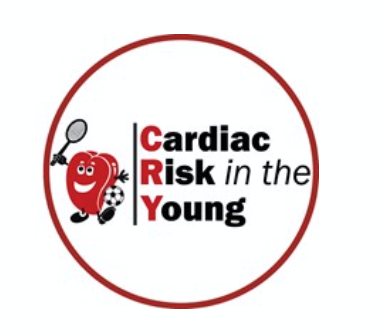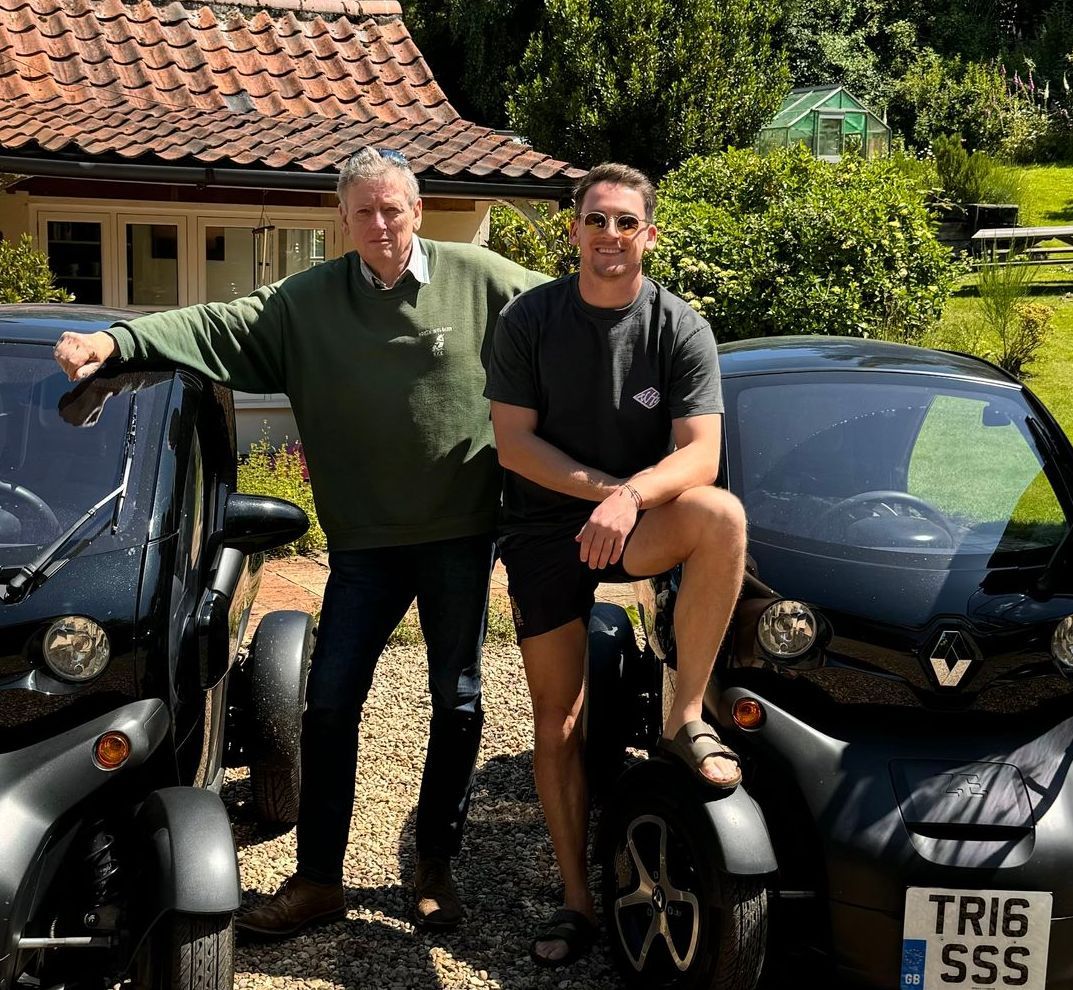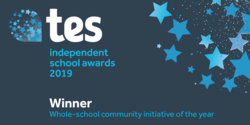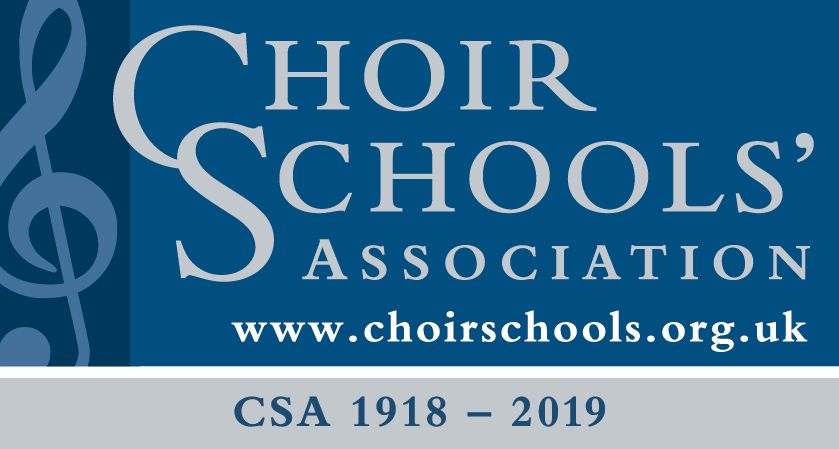Stephanie Grant Addresses Pupils on the Concept of Time
January 15, 2025
A couple of years ago, a pupil with a habit of asking left-field questions asked what my favourite quantity in Physics was. I finally have an answer – it has got to be time. I am interested in it as a physicist, yes, but of course it isn’t a topic exclusive to that subject.
Let’s start with Physics though. At first, time was defined based on the motion of the sun and stars in the sky and sundials would’ve been the best way of measuring it. Of course this is still true to an extent, our experience of a day or a year depends on Earth’s spin and motion around the Sun. The way it is measured, though, has changed enormously. Atomic clocks are used now, which can give a much higher degree of precision than a sundial, but even they aren’t perfect. The Christmas issue of the BBC Science Focus magazine described the next generation ‘nuclear clocks’ which would be much less susceptible to disturbances caused by external electric and magnetic fields, as the nucleus is so much smaller than the atom. This extra precision may not seem too important to our everyday lives, but it is thought to be important in doing better measurements into the fundamental forces and building blocks of the universe.
The other thing that has changed is our understanding of what time depends on. Time does not, in fact, tick in the same way everywhere in the universe compared to everywhere else. It is relative. Fans of the film Interstellar will be familiar with the idea that time ticks differently in strong gravitational fields compared to weak ones – this is general relativity. GPS wouldn’t work if we didn’t account for the fact satellite clocks orbiting high above the Earth’s surface are ticking at a different rate to those on the ground. Time also ticks differently for anything going very fast, although you need to be travelling close to the speed of light to notice this, and that describes the effect of special relativity.
This is all pretty amazing, but how much poorer would my appreciation of time be if I stuck to the Physics? Alongside the evolving history of the measurement of time in Physics, is the history of how humans have interacted with it. My thanks to Dr Cornell for lots of interesting information here we covered with academic scholars a few years ago on this topic.
Plautus, in the year 195 BC in Rome, was unimpressed by the advent of sundials. His dismay sounds strangely modern if applied to some other newer invention, here is what he said:
The gods confound the man who first found out how to distinguish hours! Confound him too who in this place set up a sundial to cut and hack my days so wretchedly into small portions! When I was a boy, my belly was my sundial: one more sure, truer, and more exact than any of them. This dial told me when it was time to go to dinner, when I had anything to eat; but nowadays I can’t fall-to unless the sun gives leave. The town’s so full of these confounded dials, the greatest part of its inhabitants, shrunk up with hunger, creep along the streets.
Aside from the unwelcome effect on a standard lunchtime, trading on markets has become more reliant on precise measurements of time. A picture of the Amsterdam stock exchange in 1612 has a clock as a centrepiece so that a time could be recorded alongside a trade. The transactions themselves change the value and price of goods, so the time of transactions is very important. Computers can now make decisions about buying and selling in extremely rapid time and atomic clocks are able to time-stamp these transactions with huge precision.
Standardising time and making it universal, as well as using it as a symbol of knowledge and power, has led to backlash too. For example, there was an attempted bombing of Greenwich Observatory in the late 19th century. David Rooney in his book About Time comments “Authority breeds resistance. Standardisation gives rise to dissent. People fight clocks, and they have always done so. Because what we are really doing is fighting with each other, as we have poured our very identities into clocks.’
Science, History, Social Science all have lots to say about time then, but let me end with a contribution from literature on the topic. Sophie Ratcliffe, a Professor of English Literature at Oxford, is a huge admirer of the Russian novelist, Tolstoy, and comments that he “cared about the details you couldn’t touch… Details like time. Nabokov said that Tolstoy was the only writer whose watch keeps time with the numberless watches of his readers. His prose keeps pace with our pulses. He knew about slow time. The time it takes two men to choose their dinner in a Russian-French restaurant. The time it takes to adjust a hat in a hallway mirror. The timing of a pause in conversation, when one person attempts to bring up a difficult subject, and the hesitation as the other looks away. The way time hangs heavy for those in love.”
I could carry on from here into the nature of perceived time in human psychology, to the linguistics of the words related to time, to the use of time and pause in music, and no doubt beyond.
In school, it is helpful to have different subjects to focus our minds on the nature of individual disciplines but never let yourself think that everything can really be categorised that neatly. The true depth and meaning of things are rarely limited to one subject – or indeed to one time. How does a favourite concept of yours link to lots of different disciplines? I would love to hear about them... if only we can find the time.
